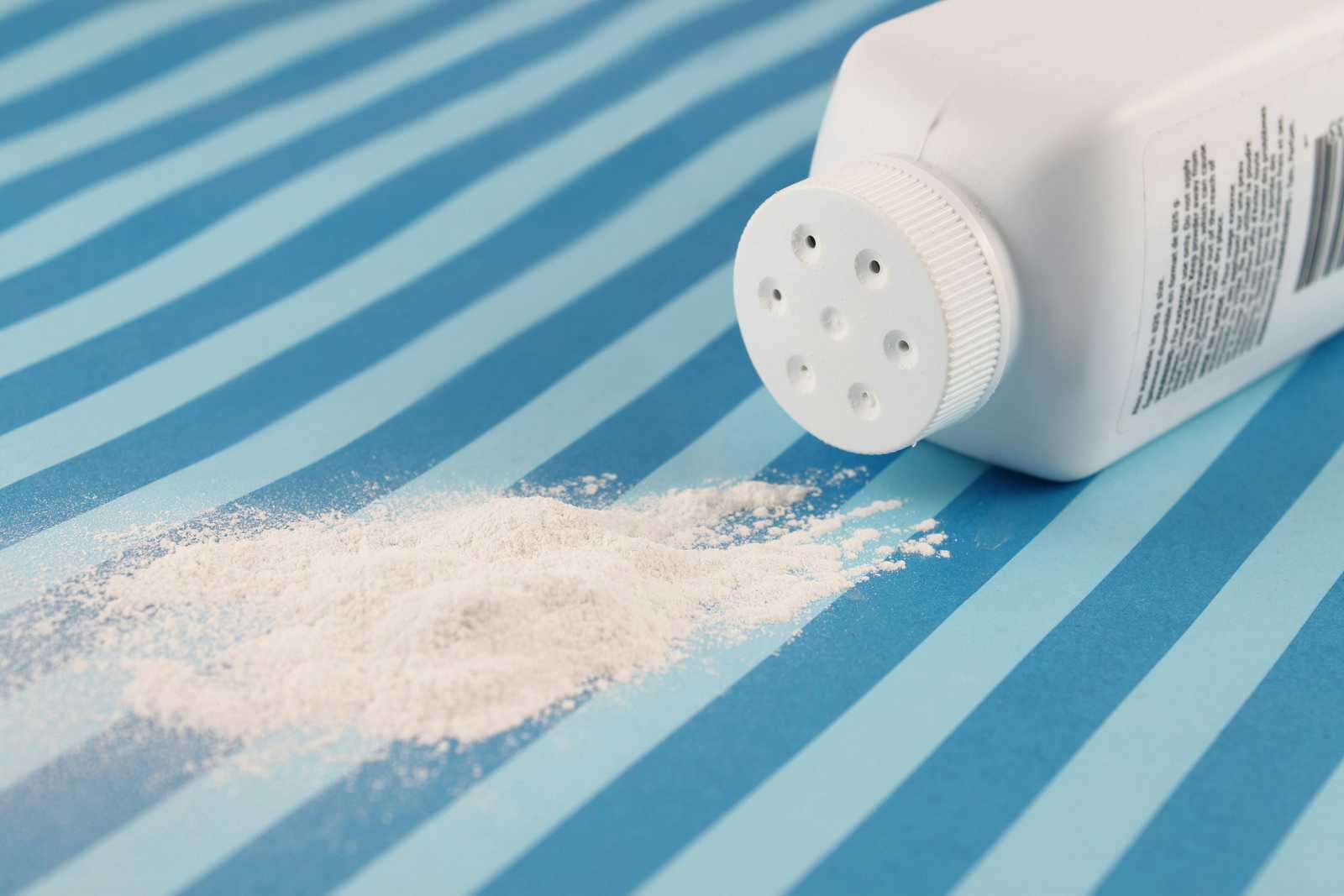
Does the FDA rely too heavily on industry expertise? The example of asbestos in talcum powder and talc-containing cosmetics suggests that it has done so for years.
Asbestos Risk from Baby Powder:
For nearly half a century, consumers and some scientists have raised serious questions about the safety of talc in baby powder. Recent research in the Journal of Occupational Health and Safety (online Oct. 10, 2019) linked talcum powder use to the serious cancer known as mesothelioma. However, this is only the latest in a long list of scientific publications on the topic. Although many cases of mesothelioma afflict people who handled asbestos in their jobs, talcum powder exposure is non-occupational. The authors of this study suggest that clinicians should ask people diagnosed with mesothelioma about talcum powder use.
Despite concerns that date back more than four decades (Journal of Occupational Medicine, Feb. 1973), the FDA failed to fully investigate asbestos contamination and the risks it might pose. Instead, it relied largely on the manufacturers’ statements about the safety of such products. As a consequence, some researchers have concluded that the agency was misled about the potential connection between baby powder and ovarian cancer (Epidemiology, Nov. 2019).
They conclude:
“Talc is one of the many examples of corporate influence on research and regulation.”
FDA Doesn’t Regulate Cosmetics:
FDA spokesmen have pointed out that it has limited authority to regulate cosmetics like baby powder, although it now recognizes the danger of asbestos in such products. On the other hand, when Johnson & Johnson recalled 33,000 bottles of baby powder in October, some observers concluded that the agency did not push hard for that regulatory ability. Exposure to asbestos has been linked to an increased risk for several different types of cancer.
Learn More:
Reuters recently completed an investigation of this situation.
Citations
- Moline J et al, "Mesothelioma associated with the use of cosmetic talc." Journal of Occupational Health and Safety, online Oct. 10, 2019. DOI: 10.1097/JOM.0000000000001723
- Blejer HP & Arlon R, "Talc: a possible occupational and environmental carcinogen." Journal of Occupational Medicine, Feb. 1973.
- Tran TH et al, "Talc, asbestos, and epidemiology: Corporate influence and scientific incognizance." Epidemiology, Nov. 2019. doi: 10.1097/EDE.0000000000001091

